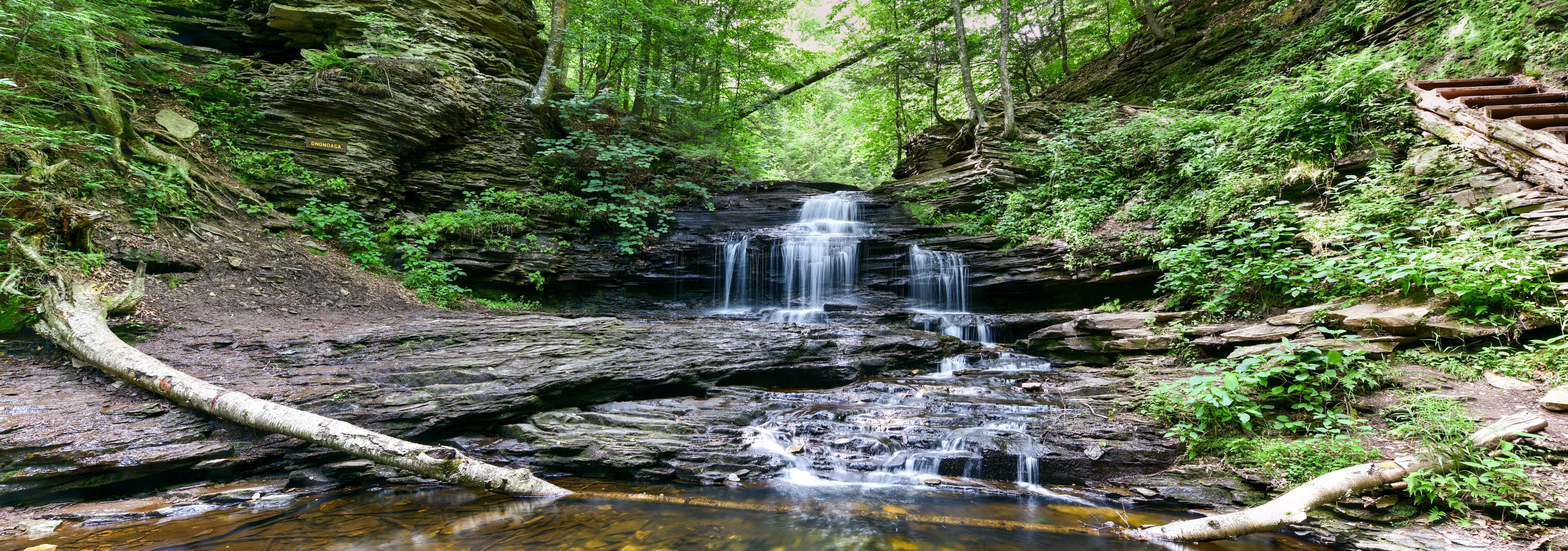Accelerated Expansion Testing of Multiformation Pyrite Bearing Bedrock
Presenter
Shad E. Hoover, Ph.D., P.E.
CMT Laboratories, Inc.
Within four business days and after auditing participation, PCPG will circulate a PDH certificate documenting registrant’s participation time, not to exceed 60 minutes.
Level: Intermediate to Advanced.
Who should attend: Geology professionals that are involved in civil design projects and who have an interest in a further understanding of the characterization of expansive pyritic bedrock.
Webinar Overview: Evaluation of potential expansive pyritic bedrock has been limited to forms of sulfur and neutralization potential testing and comparing the results to anecdotal evidence of shale containing at least 0.1% pyritic sulfur that have been known to be linked to heaving of civil infrastructure such as upward movement of building slabs and lightly loaded foundations and lateral movement of below-grade walls. This approach can lead to overly conservative approaches to mitigative efforts to reduce the potential for expansion.
Expansion of pyritic bedrock is known to take years before causing structural damage, which limits the effectiveness of real-world laboratory testing possibilities. This paper presents an accelerated approach to evaluating pyritic bedrock in multiple formations in Pennsylvania, New York, Ohio and Kentucky. Bedrock samples from the Marcellus Formation (shale), Utica Formation (shale), Jacksonburg Formation (phyllite), New Albany Formation (shale) and Antrim Formation (shale) are evaluated by exposing rock cores and crushed well-graded fragments to a 10% solution of hydrogen peroxide (H2O2) under varying surcharge pressures.
Each of the samples is inundated for several days until the expansion peaks and stabilizes, then aerated and drained to allow for precipitates (hydrous sulfates) to form. Each sample is then analyzed under a microscope to determine the effects of oxidation and to document the presence of hydrous sulfates, which are the by-products of the sulfide to sulfate conversion responsible for volume change. The testing and evaluation take approximately two (2) weeks. The results indicate a wide range of normalized expansion, which can be explained by the varying morphologies of the pyrite present in the samples as well as the difference in lithology of the bedrock formations. The paper concludes that this accelerated approach to evaluating the expansive potential of pyritic bedrock can be valuable approach to supplementing or replacing the current state-of-practice.
About our presenter: Shad E. Hoover, Ph.D., P.E.
Education:
Bachelor of Science Degree (B.S.) in Natural Sciences - Juniata College (May, 1995)
Bachelor of Science Degree (B.S.) in Civil Engineering - Pennsylvania State University (May, 1995)
Master of Science Degree (M.S.) in Civil Engineering - Pennsylvania State University (August, 2002)
Doctor of Philosophy in Civil Engineering - Pennsylvania State University (May, 2008)
Publications:
Hoover, Shad E. (2004), “Structural damage induced by pyritic shale”, Fifth International Conference on Case Histories in Geotechnical Engineering, New York, NY (USA).
Hoover, Shad E. and Pease, James B. (2007), “Micropile underpinning over expansive pyritic shales”, 8th International Workshop on Micropiles, Toronto, Canada.
Hoover, Shad E. and Lehmann, David. (2009), “The expansive effects of concentrated pyritic zones within the Devonian Marcellus Shales Formation of North America”, Quarterly Journal of Engineering Geology and Hydrogeology, v. 42, pp. 157-164.
Hoover, Shad E. (2009), “Design, inspection and construction challenges of installing micropiles in karst terrain”, 9th International Workshop on Micropiles, London, UK.
Hoover, Shad E., Greenawalt, Whitney E., Tittmann, Brian (2015), “Experimental and theoretical modeling of expansive pyritic shale” Geotechnical Testing Journal, v. 38, pp. 166-178.
Hoover, Shad E., Greenawalt, Whitney E. (2016), “A sinking feeling in Happy Valley” Geostrata, v. 20 i. 5, pp. 56-62.
Please read: After registering on our site you'll receive a PCPG confirmation email indicating Action Required in the subject line. Your registration is not complete until you click through the unique link in that email directing you to the GoToWebinar web site, enter your name, email address, consent to terms and conditions, and click the Register button. Check your spam filter if you do not see the PCPG 'Action Required' email within 60 seconds of registering, here; or ask IT to release the Email. If you use Gmail, our system workflow emails are received into some other Gmail folder. Please check all Gmail folders and white-list @pcpg.org emails, or don't use a Gmail email address when registering.


